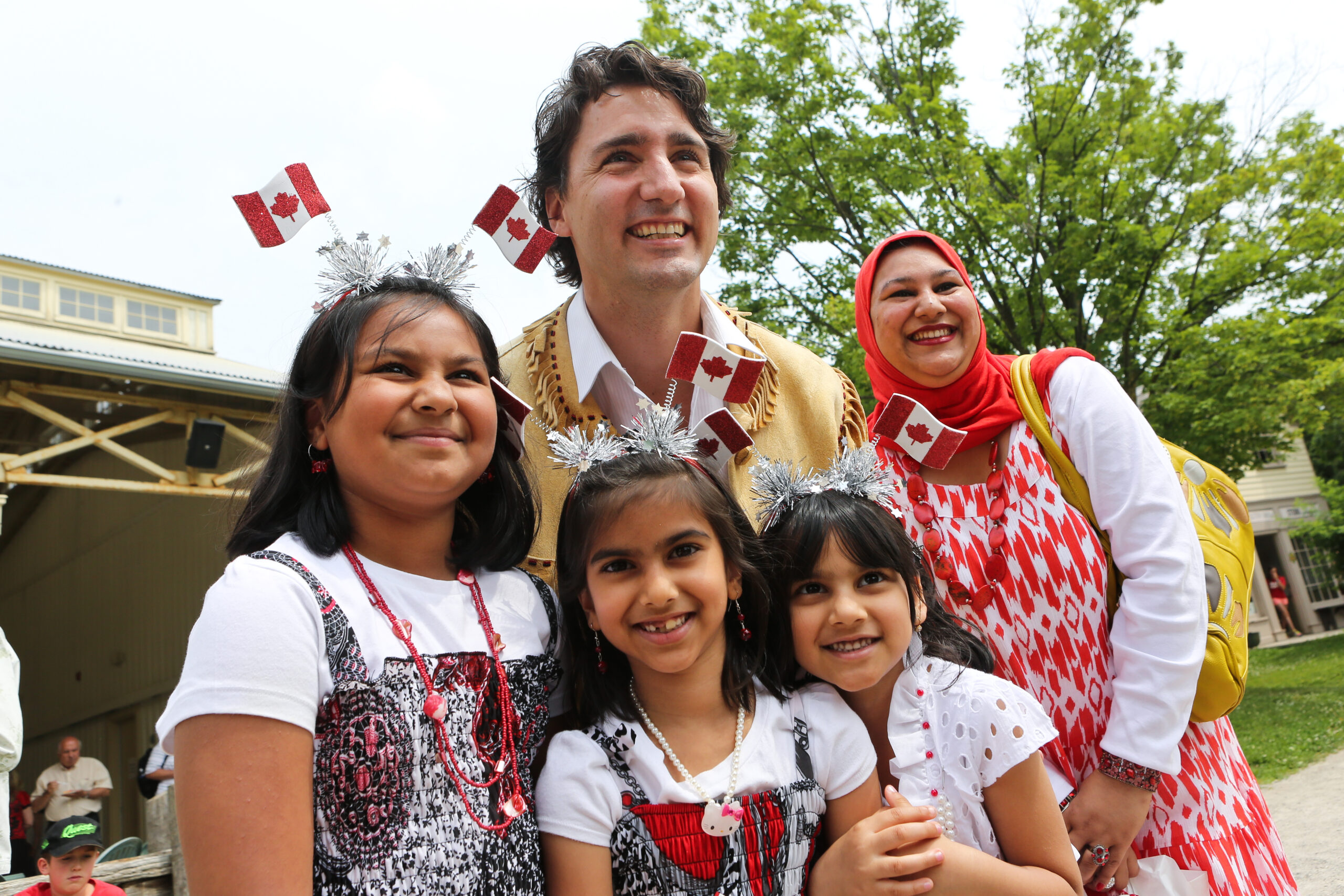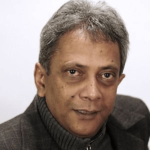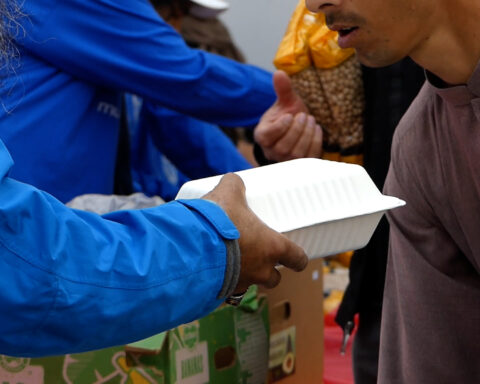Voters in ridings heavily populated by new immigrants and visible minorities overwhelmingly chose candidates of colour to represent them in the next Canadian Parliament.
An early analysis of yesterday’s election results by NCM showed 19 of the 23 ridings where one visible minority group is dominant either returned or elected MPs whose cultural heritage and origins reflected that of the majority of voters in their area.
In Ontario’s Brampton area, which has the largest South Asian population in the country, all four federal ridings went to the Liberal Party of Canada, which is projected to form a minority government.
Brampton Centre went to Liberal incumbent Shafqat Ali, who won 46 per cent of the vote in the tightest race in the city, beating Conservative candidate Jagdeep Singh.
Liberal MP Maninder Sidhu held onto his Brampton East seat, Liberal MP Ruby Sahota has been re-elected for the third time in Brampton North, while Brampton West was retained by Liberal Kamal Khera.
In B.C.’s Surrey-Newton riding, home to about 60,000 people where more than 60 per cent are South Asian New Canadians, all five candidates for the seat have South Asian heritage.
Liberal incumbent Sukh Dhaliwal beat Conservative Syed Mohsin, New Democrat Avneet Johal, Pamela Singh of the People’s Party of Canada and Independent Parveer Hundal.
Except for Dhaliwal, all the others were first-time candidates for this riding of just 30 square kilometres but among the most diverse in the country.
Markham-Unionville in Ontario and Richmond Centre in B.C are listed by Statistics Canada as having the biggest Chinese-Canadian voting blocs.
Liberal Paul Chiang, a former York Regional Police Sergeant, born in Karachi, Pakistan of Chinese parentage, took Markham-Unionville. His ability to speak Mandarin, Cantonese, Hubei, Hakka, Urdu, Hindi, and Punjabi allowed him to help forge strong connections with Markham-Unionville’s diverse communities.
The Richmond Centre riding, which has the second highest population of Chinese-Canadians, has recorded some of the lowest voter turnout in British Columbia over the past decade.
Liberal Wilson Miao, who immigrated from Hong Kong as a child, beat Conservative candidate Alice Wong, who was running for re-election.
In Alberta’s Calgary Skyview, another area with a heavy new immigrant population, Liberal candidate George Chahal defeated Conservative Jag Sahota.
More than 40 of 338 federal ridings in Parliament have populations where visible minorities are the largest voting bloc.
Low Voter Turnout
Elections Canada and Statistics Canada records show that compared with established immigrants (those who have lived in the country for 10 years or more) and non-immigrants, new Canadians (those who’ve immigrated to Canada in the previous 10 years) were less likely to vote in general elections.
Many reasons have been put forward to explain this, including the lack of democratic traditions in some regions of the world, the lack of trust in institutions, or differences in political culture. Immigrants from Eastern Europe and East Asia had the lowest voter turnout rates.
In a pre-election interview, Andrew Griffith, a fellow of the Canadian Global Affairs Institute and the Environics Institute, said polling data suggests that new Canadians of South Asian heritage have a general tendency to vote for the Liberals or the NDP, while the Conservatives have fairly strong support from Chinese-Canadians.
He said candidates who can address issues pertaining to the homelands of new Canadians will resonate better with ethnic communities.
“Political parties have always taken demographic realities into account when selecting candidates,” he said.
Based on early results, here is how the top 23 ridings where a visible minority group and new Canadians are dominant, voted:
| Riding | Largest community | MP |
| Largest community forms majority of population | ||
| Brampton East | South Asian | Maninder Sidhu |
| Markham Unionville | Chinese | Paul Chiang |
| Richmond Centre | Chinese | Wilson Miao |
| Surrey-Newton | South Asian | Sukh Dhaliwal |
| Largest community forms 40-50 percent of population | ||
| Scarborough North | Chinese | Shaun Chen |
| Markham-Thornhill | Chinese | Mary Ng |
| Scarborough-Agincourt | Chinese | Jean Yip |
| Steveston-Richmond East | Chinese | Parm Bains |
| Brampton West | South Asian | Kamal Khera |
| Mississauga-Malton | South Asian | Iqwinder Gaheer |
| Brampton North | South Asian | Ruby Sahota |
| Brampton South | South Asian | Sonia Sidhu |
| Largest community forms 30-40 percent of population | ||
| Vancouver South | Chinese | Harjit Sajjan |
| Scarborough-Rouge Park | South Asian | Gary Anandasangaree |
| Scarborough-Guildwood | South Asian | John Mckay |
| Don Valley North | Chinese | Han Dong |
| Vancouver Kingsway | Chinese | Don Davies |
| Calgary Skyview | South Asian | George Chahal |
| Fleetwood-Port Kells | South Asian | Ken Hardie |
| Burnaby South | Chinese | Jagmeet Singh |
| Surrey Centre | South Asian | Randeep Sarai |
| Richmond Hill | Chinese | Majid Jowhari |
| Winnipeg North | Filipino | Kevin Lamoureux |
A multiple-award winning journalist, Fabian Dawson is an internationally acclaimed author, filmmaker and media expert. His work over the last four decades spans the globe and he also serves as a consultant/strategic advisor to a variety of international companies. As deputy editor-in-chief of The Province, part of the Postmedia chain, Dawson led initiatives within a special publications group to provide directed content for a variety of organisations. He was named the 2019 recipient of the Bruce Hutchison Lifetime Achievement Award at Jack Webster Awards. Dawson has been invited by the governments of India, Malaysia, Taiwan, China, Hong Kong and the United States to act as a media observer/advisor on a variety of Asian-Canada issues. Dawson, now operates FD Media, which specializes in harnessing editorial assets to revenue generating opportunities.






[…] suggests the WSO should engage with Canada’s 15 Sikh MPs and push them to raise this issue in Ottawa and find […]